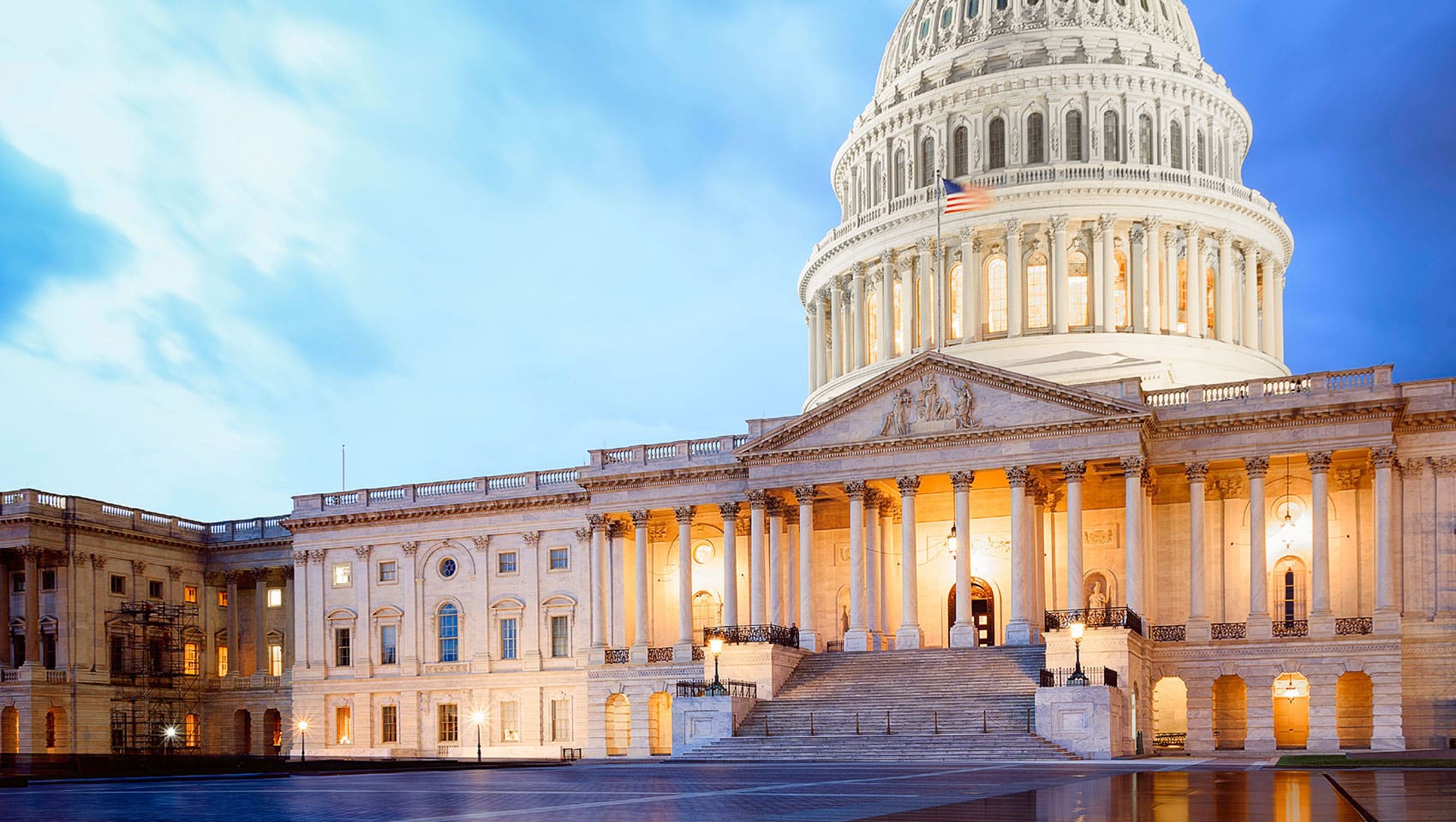
House Education Committee Passes Four Partisan Proposals
Overview
Yesterday, the House Committee on Education & the Workforce considered four legislative proposals recommending statutory revisions to Department of Labor regulations, Elementary and Secondary Education, and Higher Education policy. Included within the four proposals passed by the Committee along party lines were:
- House Joint Resolution (H.J. Resolution 116) noting congressional disapproval under the Congressional Review Act for the new “Employee or Independent Contract Classification Under the Fair Labor Standards Act and prohibiting enforcement of the regulations;
- H.R. 6418 – The Empower Charter School Educators to Lead Act – a bill giving state entities the option to award pre-planning subgrants to aspiring charter school leaders and allowing states to provide more technical assistance to applicants;
- H.R. 3724 – The Accreditation for College Excellence Act – a bill prohibiting accreditors from assessing an institution’s commitment to any ideology, belief, or viewpoint for the purposes of receiving accreditation for Higher Education Act (HEA) funding and limiting accreditors from adopting any additional standards for accreditation to receive HEA funding; and
- H.R. 7683 – The Respecting the First Amendment on Campus Act – a bill making free speech on campus a condition of receiving Title IV funds under the HEA, requiring all institutions to disclose annually First Amendment policies held by the institution, and prohibiting institutions from forcing students, faculty, or applicants to take political litmus tests.
Each of the four bills were approved along party lines, with Democrats opposing the Resolution and three bills.
What’s Next
These legislative proposals will be added to the list of other legislation reported out or Committee awaiting Full House consideration, including key proposals such as H.R. 6585 – The Bipartisan Workforce Pell Act, H.R. 6655 – A Stronger Workforce for America Act, and H.R. 6951 – The College Cost Reduction Act.
Other Key Congressional News
If you have not already taken action in support of The Clock Hour Program Student Protection Act, there is still time to do so! Contact your House members and request their support for this important bill to be introduced by Representative Lloyd Smucker.
The legislative language below is simple and straightforward and is intended to maintain the current ability of institutions providing programs leading to state licensure and certification – where the length of program is directly specified by the state – to have up to 150% of the prescribed clock hours to complete the students’ education.
A BILL
To amend the Higher Education Act of 1965 to clarify the clock hour requirements for certain eligible programs under title IV of such Act.
Be it enacted by the Senate and House of Representatives of the United States of America in Congress assembled,
SECTION 1. SHORT TITLE.
This Act may be cited as the ‘‘Clock Hour Program Student Protection Act’’.
SEC. 2. CLOCK HOUR REQUIREMENTS FOR CERTAIN PROGRAMS OF TRAINING.
Section 481(b) of the Higher Education Act of 1965 (20 U.S.C. 1088(b)) is amended by adding at the end the following:
‘‘(5) An otherwise eligible program that provides a program of training to prepare students for gainful employment in a recognized profession in a State, and for which the number of clock hours of instruction exceeds the minimum number of clock hours of instruction required by such State for training in the recognized profession for which the otherwise eligible program prepares students, shall be determined to be an eligible program under this subsection if the number of clock hours of instruction provided by such otherwise eligible program does not exceed the greater of—
1. 150 percent of the minimum number of clock hours required by such State for training in the recognized profession for which the otherwise eligible program prepares students; or
2. 150 percent of the minimum number of clock hours required by a Federal agency for such training.
SEC. 3. EFFECTIVE DATE.
The amendment made by this section shall take effect on July 1, 2024, and apply with respect to award year 2024–2025 and each subsequent award year.



